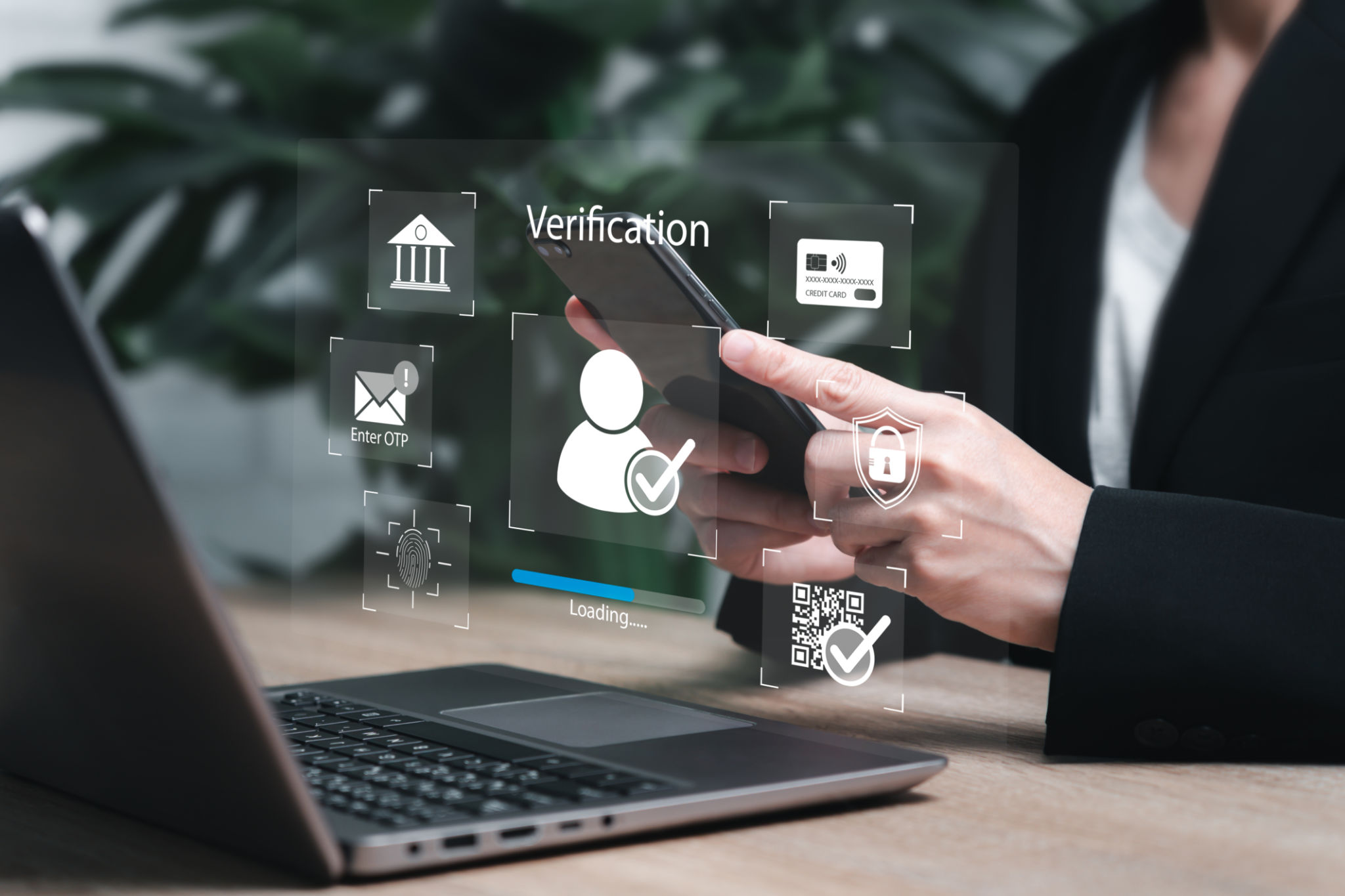Remote Identity Verification: Enhancing Security and Compliance
Understanding Remote Identity Verification
In today's digital age, remote identity verification has become a crucial process for businesses and organizations to ensure security and compliance. With the increasing reliance on online interactions, verifying the identity of individuals remotely is essential to prevent fraud and protect sensitive information. This process involves using technology to authenticate the identity of a person without requiring physical presence.
Remote identity verification is particularly important for industries such as finance, healthcare, and e-commerce, where stringent regulations demand high levels of security. By leveraging advanced technologies like biometrics, artificial intelligence, and machine learning, businesses can efficiently verify identities and safeguard their operations.

The Importance of Enhancing Security
One of the primary reasons businesses adopt remote identity verification is to enhance security. Cyber threats are constantly evolving, and traditional methods like passwords and PINs are no longer sufficient. By implementing remote identity verification, organizations can add an extra layer of security that significantly reduces the risk of unauthorized access.
Biometric authentication methods such as facial recognition, fingerprint scanning, and voice recognition have proven to be highly effective in verifying identities. These methods are difficult to replicate or forge, making them reliable options for ensuring that only authorized individuals gain access to sensitive data or services.
Ensuring Compliance with Regulations
In addition to security benefits, remote identity verification helps businesses comply with various regulations and standards. Industries like banking and healthcare are subject to strict compliance requirements such as the General Data Protection Regulation (GDPR) and the Health Insurance Portability and Accountability Act (HIPAA). These regulations mandate the protection of personal data and require robust identity verification measures.

By implementing remote identity verification systems, organizations can demonstrate their commitment to compliance and avoid potential legal issues. This not only helps in building trust with customers but also enhances the overall reputation of the business.
Technological Advancements Driving Change
The evolution of technology has played a significant role in transforming remote identity verification processes. Artificial intelligence and machine learning algorithms can analyze patterns and detect anomalies in real-time, providing businesses with valuable insights into potential security threats.
Moreover, the integration of blockchain technology offers an added layer of transparency and security. Blockchain's decentralized nature ensures that identity verification data is tamper-proof and easily auditable, enhancing trust between parties involved.

Benefits for Businesses and Consumers
The adoption of remote identity verification systems benefits both businesses and consumers. For businesses, it streamlines operations by reducing the time and resources spent on manual verification processes. It also minimizes the risk of fraud-related losses, which can have significant financial implications.
For consumers, remote identity verification offers convenience and peace of mind. They can access services securely from anywhere in the world without the hassle of physical identification processes. This convenience enhances customer experience and fosters loyalty.
Challenges and Considerations
Despite its advantages, remote identity verification also presents some challenges. Privacy concerns are a major consideration, as consumers may be wary of sharing biometric data or other personal information online. It is essential for businesses to implement robust data protection measures to address these concerns effectively.
Additionally, ensuring the accuracy of biometric systems is crucial to prevent false positives or negatives. Regular updates and maintenance of technology are necessary to keep up with evolving threats and ensure reliable verification results.
In conclusion, remote identity verification is a vital component of modern business operations. By enhancing security and ensuring compliance, it provides a secure foundation for digital interactions. As technology continues to advance, businesses must stay informed and adapt their strategies to leverage these innovations effectively.